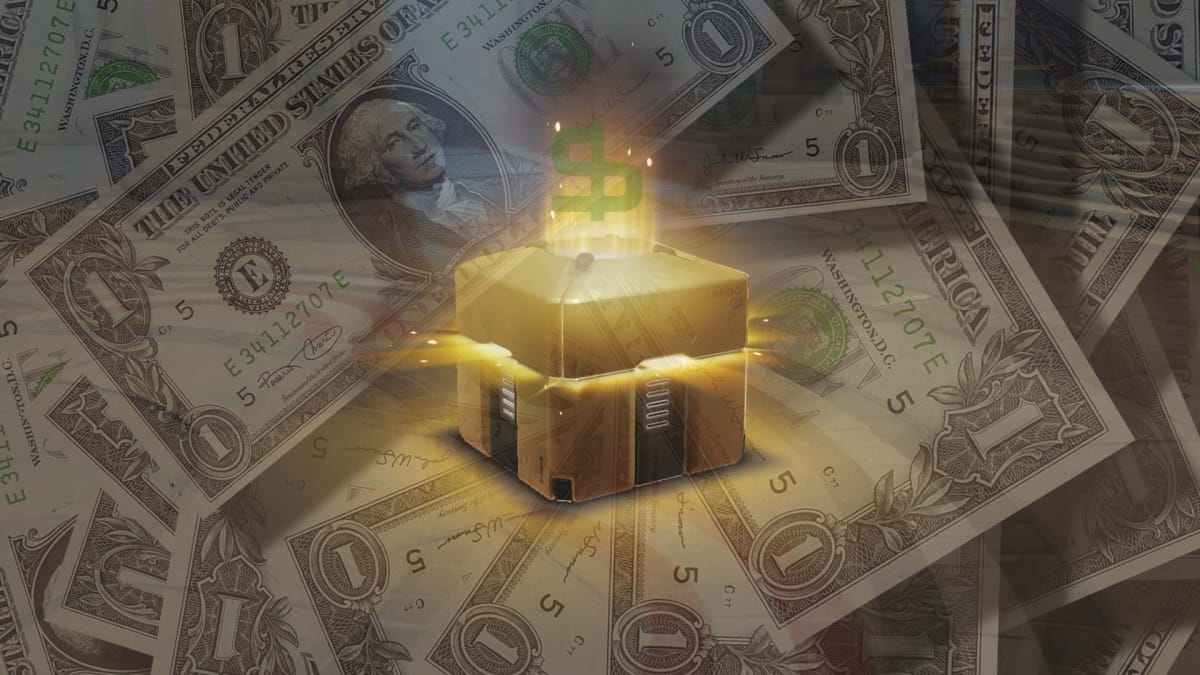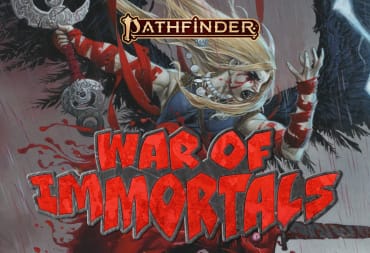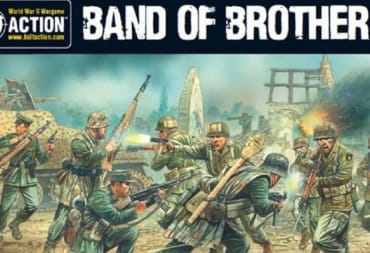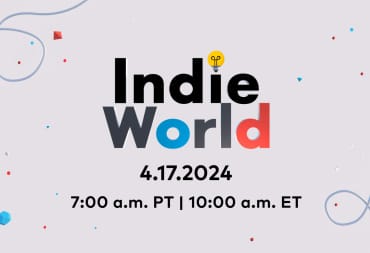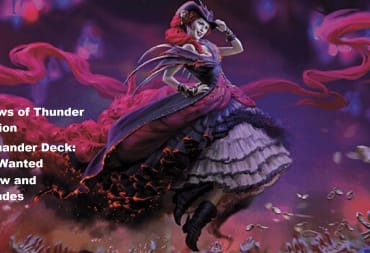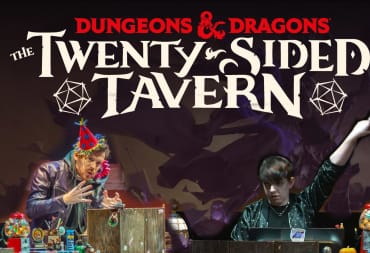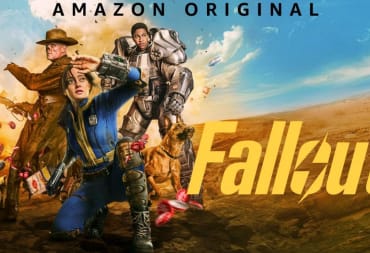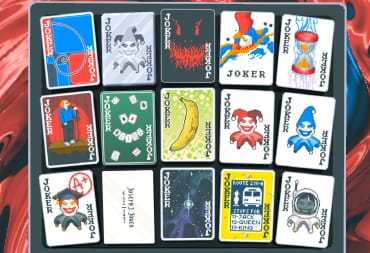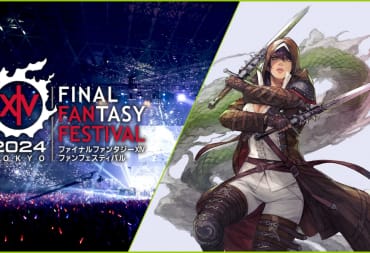There was a time in the gaming industry where you used to pay for a video game and its price granted you access to the full experience. With time, developers and publishers started looking for new business models to sustain themselves and provide a consistent stream of income, aka microtransactions. This money would usually go into maintaining servers, continued support, and overall growth of the studio.
The concept of microtransactions was born out of this necessity, with the earliest recording of turning real-life money into digital currency dating back to 2001 by social network game Habbo Hotel. Fast forward a few years to late 2005 and early 2006: Microsoft introduced its own Microsoft Points system, where users can spend their money to obtain digital goods. At the time, Xbox Live general manager Cam Ferroni elaborated in an interview with Reuters about the studio's aim and purpose behind the new feature.
Generally if you do anything less than $5, you end up eating up the bulk of that $5 in transaction fees. At the heart of it'll be a points-like system where you buy points and then use those points to make purchases.
What is a Microtransaction?
A microtransaction is a piece of digital downloadable content sold within a video game. Prices range from a few dollars to beyond $50, depending on the game and scale of the content. Their nature can vary from game to game. More often than not, free-to-play titles (like Fortnite) adopt a business model that thrives off microtransactions, which are often the sole form of revenue for the studio. However, many games priced at a premium feature microtransactions as well, some being more manipulative than others.
Bethesda was reportedly the first major publisher to adopt the idea and implement an online microtransaction as we know it today with their cosmetic Horse Armor Pack for the massively successful The Elder Scrolls IV: Oblivion. It offered players shiny new armor sets for their faithful horse companions and went for $2.50, the equivalent of 200 Microsoft Points. It sparked an uproar in the gaming community with lots of criticism towards turning microtransactions from a mere idea to reality.
Since then, microtransactions developed further than anyone would have thought. As controversial as it is, there is no denying it opened up an opportunity for several gaming genres and business models to grow to what we see today. This includes freemium mobile games, downloadable content expansions, cosmetics, and healthy cycles for online multiplayer titles with battle passes. Sometimes our understanding of the word "microtransaction" in itself gets deluded with how much we hear it nowadays. There are several types, with each, or even a combination of them, applicable to multiple business models.
Traditional Expansions - More Content, Happier Players
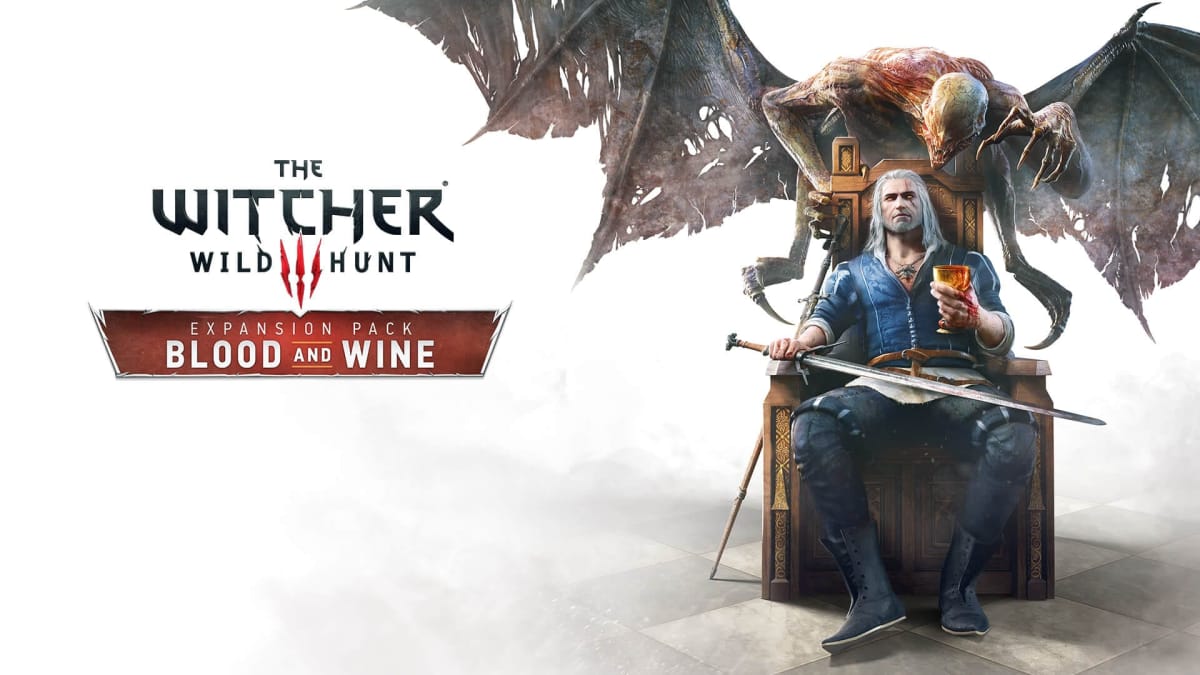
Developers and publishers used this growing concept of turning real-life money to in-game currency to ship out extra content for their released titles. This type of content classifies under "expansions," and they can range from seasonal releases to fully fledged campaigns. Even then, there are several sub-branches to it, including:
- Campaign expansions
- Stand-alone expansions
- Multiplayer DLC
Campaign and stand-alone expansions relatively overlap in the content they offer. However, understandably the developer invests more resources in delivering a separate stand-alone experience as it needs its own interface, often a new world, and new character models. Another interpretation of traditional expansions is multiplayer add-ons, which can take the form of Final Fantasy XIV's Shadowbringers, Destiny 2's The Taken King, and World of Warcraft's Battle for Azeroth.
More often than not, stand-alone expansions highlight an intriguing character in the title's universe, expands upon a story arc that was slightly touched upon in the main campaign, or even acts as a prequel. Most notable examples to fall under this category are The Last of Us: Left Behind, inFamous: First Light, Uncharted: The Lost Legacy, and Saints Row: Gat Out of Hell.
On the other hand, campaign expansions are released onto the existing title and usually explores new territory, introducing a new ideas and a complementary storyline to the main campaign. These include the likes of Grand Theft Auto IV: The Lost and Damned, The Witcher III: Wild Hunt's Blood and Wine, and Bloodborne: The Old Hunters.
Battle Passes - Seasonal Rewards
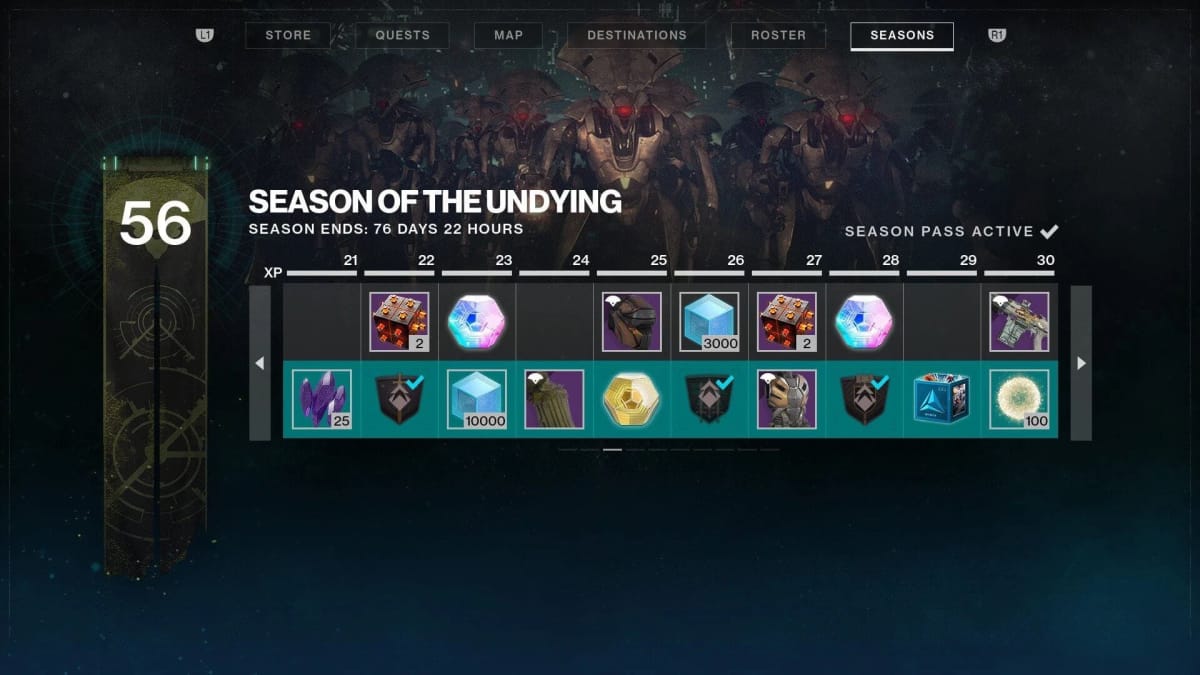
The battle royale genre steadily rose in popularity since 2017, with the release of PlayerUnknown's Battlegrounds, shortly followed by Epic Games' Fortnite Battle Royale. They mostly take place on one map, and the core gameplay mechanics are the same across every match you queue for. You land, loot whatever you find in front of you, fight off whoever you see out of the 99 other participants, and claim the last man standing title.
However, it becomes repetitive after a while. This is where Battle Passes step in. This form of microtransaction allow players to pay for a tiered list of rewards, either with real-life money or accumulated in-game currency. Battle Passes are upgraded through completing various in-game activities. Their content doesn't include any items that offer players an unfair advantage. Instead, they feature skins, emotes, XP boosts, premium currency, back bling, and more.
Its first introduction dates back to Valve's Dota 2 promoting its most prestigious tournament, The International's 2013. At the time, it cost $10, offering a new courier, unique HUD display, skins, treasures, and taunts. The studio used it to even increase The International 2013's prize pool, with 25% of each purchase going towards it.
Cosmetics - Make Me Look Good
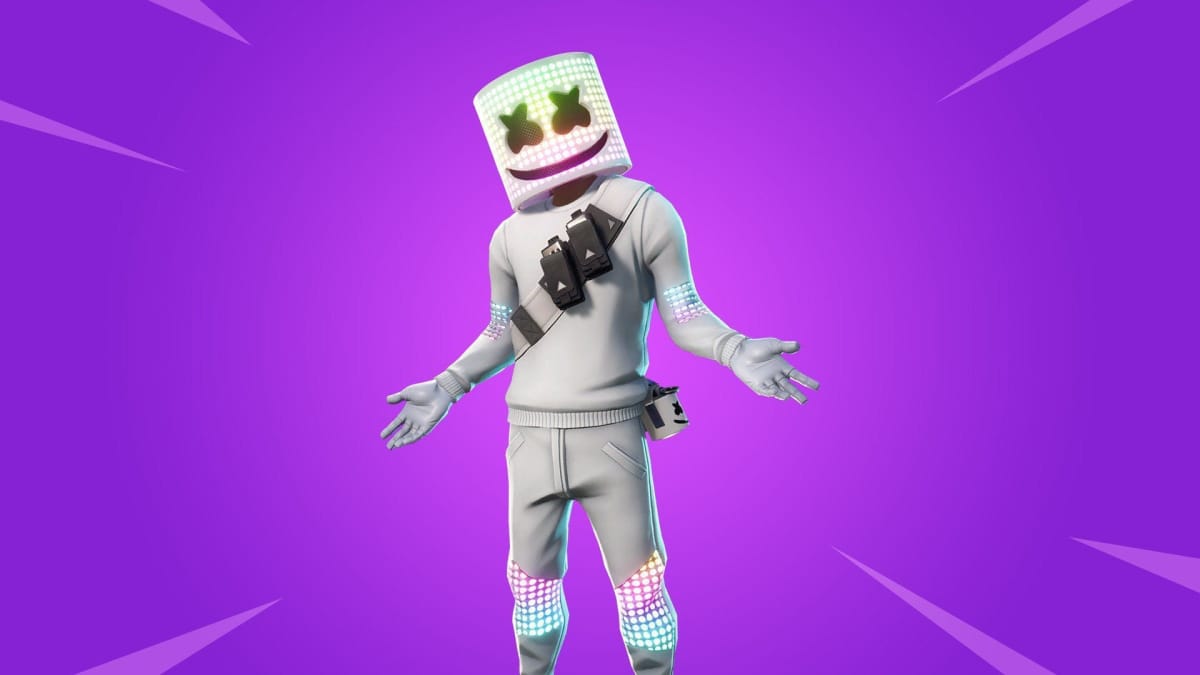
In online multiplayer games, we often want to stand out from the crowd with a unique or weirdly designed character. What if the developer saved you the trouble and used their design team to create cosmetic items for players to purchase through microtransactions? This is exactly what sparked the idea, and even the original introduction of microtransactions as we mentioned before with Bethesda's Horse Armor Pack.
They are more dominantly present in free-to-play games as a viable business model for consistent income. Notoriously, Valve's Counter-Strike: Global Offensive (which isn't free to play) and Team Fortress 2 are two titles who created value behind their weapons' cosmetic items. CS:GO features skins that go for a little over $1,500. These are obtained through chests, or more commonly known as loot boxes across different games, which are purchased through microtransactions.
Weapon skins aren't the only form of cosmetics, as Epic Games excels in creating compelling character models for Fortnite. The studio reportedly made $2.4 billion in 2018 out of selling cosmetic items alone (thanks, The Verge). This amount of money allowed them to strike influential deals to keep the train going and bring character models resembling heroes from the Marvel universe, John Wick, Marshmello, and even popular streamers in the community like Ninja. These are sometimes obtained through battle pass levels or offered through the digital shop for direct purchase with in-game currency.
Premium Currency - Digital Money
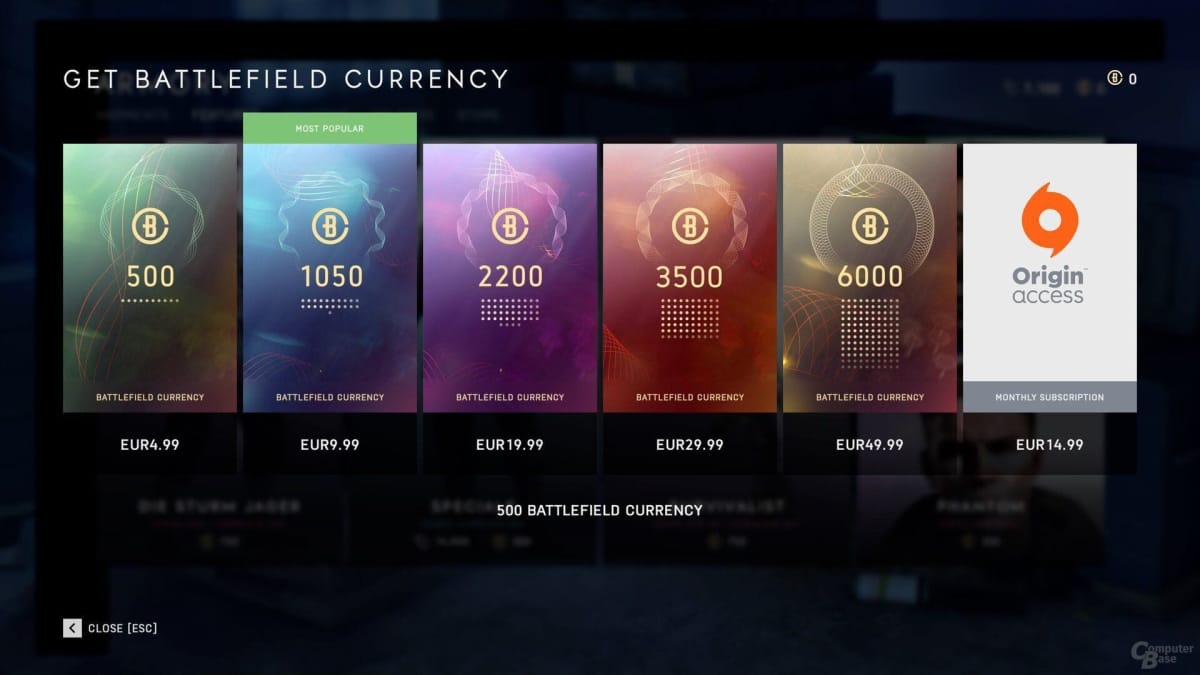
Premium currency, a topic we touched upon briefly in all previous categories. Each game often holds a distinctive name to call its own digital currency, such as Fortnite's V-Bucks, Clash of Clans' Gems, and Electronic Arts' FIFA Points. They resemble the fundamental unit of microtransactions, as they are the digital equivalent of your real-life money. Titles usually don't maintain a 1:1 ratio between the premium currency and your hard-earned cash, mainly to incentivize their player base to purchase more of it.
Premium currency allow you to purchase cosmetics, battle passes, expansions, and other forms of microtransactions. In addition to that, they are more prominent in the "freemium" mobile games, including Clash of Clans, Clash Royale, and Brawl Stars. These, among others, allow you to level up your character, open treasures for higher rarity items, and even bypass advertisements.
Unfortunately, some games hinder your progression if you didn't sacrifice a part of you income for premium currency to get essential items to stay competitive and have an enjoyable experience. Electronic Arts' FIFA Ultimate Team mode is a victim of this mechanic, as it completely splits the community and brings down a barrier between free-to-play and paying players. Of course, this isn't always the case if they are purely cosmetics.
Time Savers - Time Equals Money
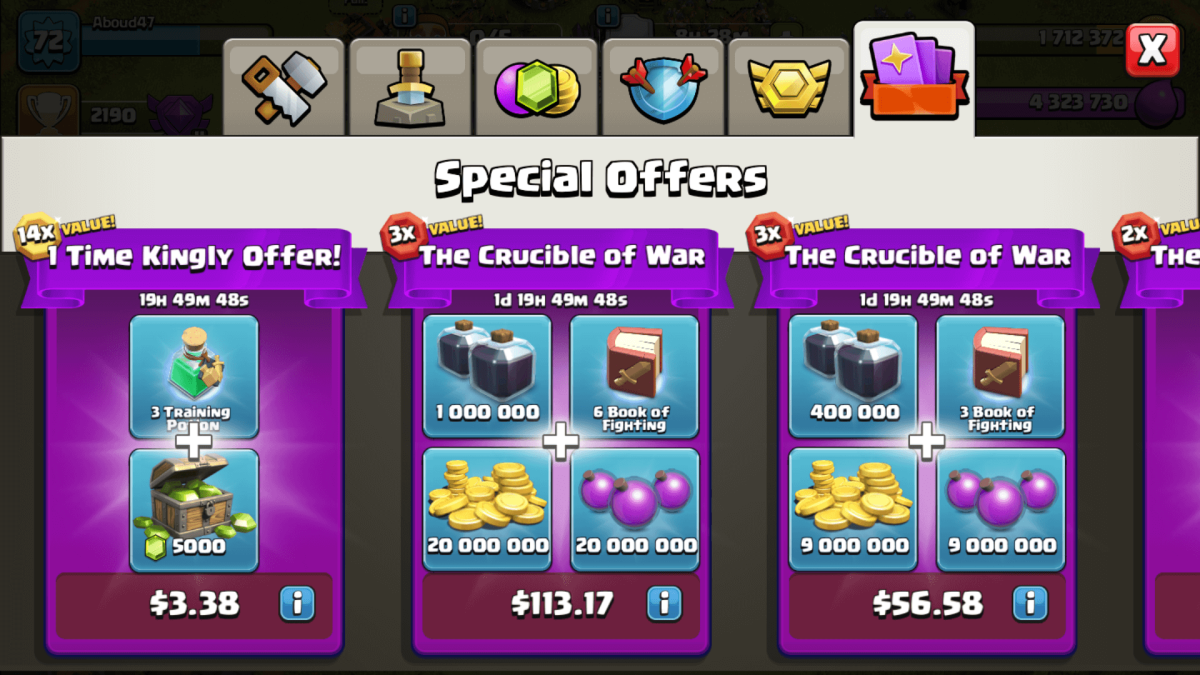
Video game worlds are getting continuously bigger, with more things to discover and more to do. Certain players take pride in pursuing all the collectibles, audio tapes, and various items distributed around the map. However, if you don't look up their locations, some of them would take you ages to find, if you ever do in the end. Who would know their locations better than content creators and guides writers? The development team themselves.
Time savers, present in Assassin's Creed Odyssey, pre-patch Shadow of War, and most recently, Need for Speed Heat, allow players instant access to all the locations of side content. Classifying time savers as microtransactions often sparks controversy, as they don't affect the main campaign's content, multiplayer, or even add any cosmetic element. It purely eases the process of revealing all action points on the in-game map, including collectibles, side-quests, and whatever the title has to offer outside of its main track.
Another prominent example for time savers are found in the previously mentioned freemium mobile games, which utilize premium currency. Clash of Clans and Brawl Stars allow you to skip the waiting timer whenever you are opening a chest or upgrading one of your buildings. If you are willing to splash some cash to enjoy the experience faster, time savers offer you the luxury of doing so.
Loot Boxes - Hope for the Best
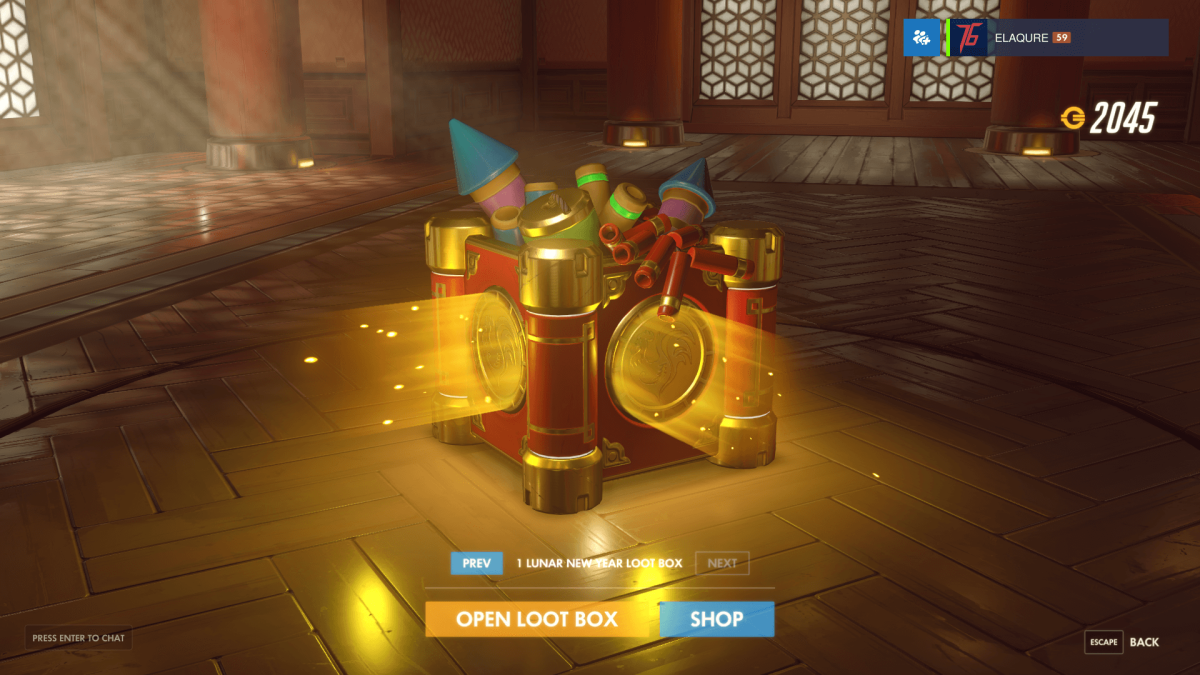
Loot boxes have always been the center of controversy among the gaming community and political regulation firms alike. The idea of turning real-life money to premium currency then spend it in exchange for a pack with the chance of getting something good features some similarities to gambling. This is why Belgium and the Netherlands, among others, are regulating games like FIFA, Overwatch, Counter-Strike: Global Offensive, and Star Wars Battlefront 2.
The sequel to Star Wars Battlefront was on the receiving end of unforgettable criticism when Electronic Arts tied the game's progression to loot boxes, obliging players to spend money in order to advance. The community's distraught towards the announcement created the most disliked comment in Reddit history. EA had to listen to the public outcry, and eventually rolled back on its initial decision.
On the other hand, Overwatch offers an incredibly successful business model built on loot boxes. Back in July, Blizzard revealed microtransactions managed to garner $1 billion of in-game revenue, which definitely goes back into the game's development and support. Although the majority of loot boxes offer purely cosmetic items, premium currency for duplicates, themed icons, and more of the same, the public's opinion towards its gambling aspect will never settle.
Microtransactions are here to stay in the gaming industry. As much outrage as it sparked back in 2006, it has become the norm and expected from developers and publishers. There is no doubt it offers a consistent income stream, and it urges the development team to get more creative and produce content for their player base. We hope we introduced you to all the present forms of microtransactions.
Let us know what you think of spending real-life money on video games on top of their retail price in the comments below.
Have a tip, or want to point out something we missed? Leave a Comment or e-mail us at tips@techraptor.net
